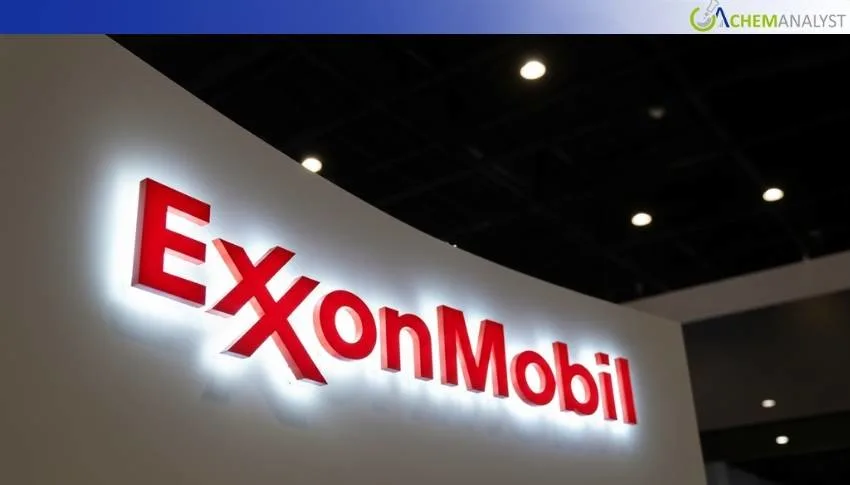Welcome To ChemAnalyst

The suspension underscores the wider struggle for traditional oil and gas companies to profitably scale up cleaner energy initiatives in a challenging economic climate.
Oil and gas giant Exxon Mobil has announced the suspension of its ambitious plans for a massive blue hydrogen production plant, slated for its refining and chemical complex in Baytown, Texas. The facility, which was intended to be one of the world's largest, aimed to produce an impressive 1 billion cubic feet per day of blue hydrogen, a fuel produced from natural gas with the associated carbon dioxide captured and stored underground.
CEO Darren Woods confirmed that the decision was driven by weak customer demand and the company’s inability to secure sufficient long-term contracts for the fuel, known as offtake agreements.
"There's been a continued challenge to establish committed customers who are willing to provide contracts for off-take," Woods stated, highlighting the hesitancy of potential buyers.
The core of the demand problem, according to Woods, lies in the higher cost of the company's "blue" hydrogen offering. While blue hydrogen is considered a cleaner fuel because it only produces water when burned, its production from natural gas—combined with the cost of capturing and sequestering the resulting carbon dioxide—makes it more expensive than traditional grey hydrogen (produced without carbon capture).
Woods noted that not enough customers are currently willing to pay the premium for the captured carbon dioxide benefit.
The multi-billion dollar project, which was initially announced in 2022 and had already experienced delays, was targeting a startup date in 2027-2028. Exxon and its partners, including the Abu Dhabi National Oil Company (ADNOC), have already invested an estimated $500 million into the project so far. Japanese majors Jera and Mitsubishi had previously expressed interest in exploring deals to procure volumes, including portions converted to low-carbon ammonia for international markets.
The suspension reflects a broader slowdown and difficulty for established oil and gas companies in making their planned transition to lower-carbon energy initiatives profitable. These cleaner energy projects often struggle to compete economically without strong customer commitment or supportive government frameworks.
The current economic environment has exacerbated the challenge. CEO Woods pointed to economic uncertainty and an industrial slowdown in Europe as further crimping demand. Additionally, a shift in U.S. policy, with President Donald Trump having reportedly yanked funding for green initiatives to refocus on fossil fuels, creates an uncertain regulatory landscape for such capital-intensive projects.
The decision underscores the financial and market risks inherent in scaling up low-carbon energy solutions, even for global energy giants like Exxon Mobil, when customer appetite and willingness to pay a green premium remain insufficient.
We use cookies to deliver the best possible experience on our website. To learn more, visit our Privacy Policy. By continuing to use this site or by closing this box, you consent to our use of cookies. More info.
